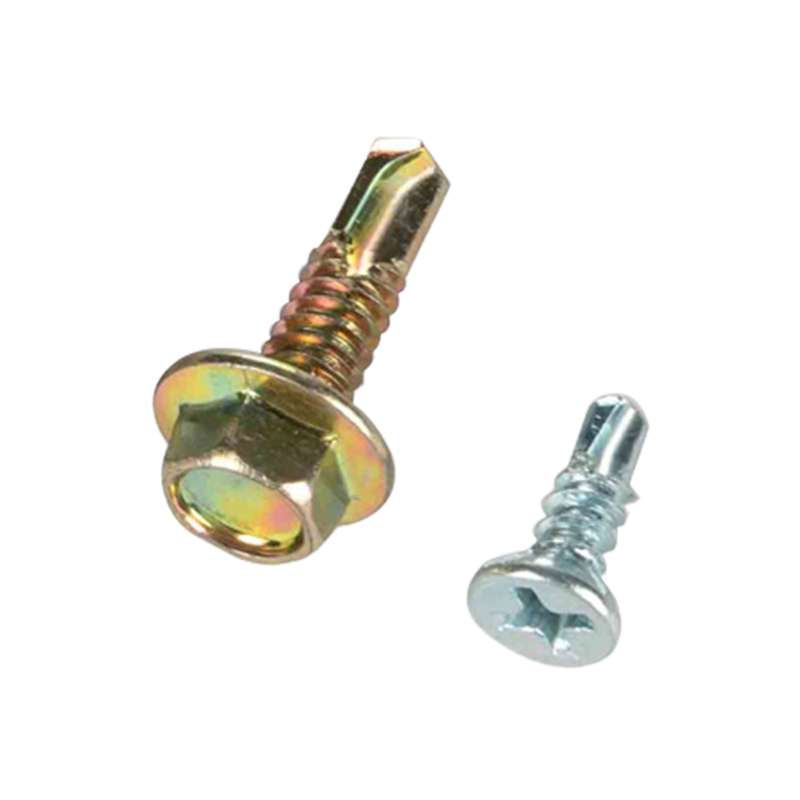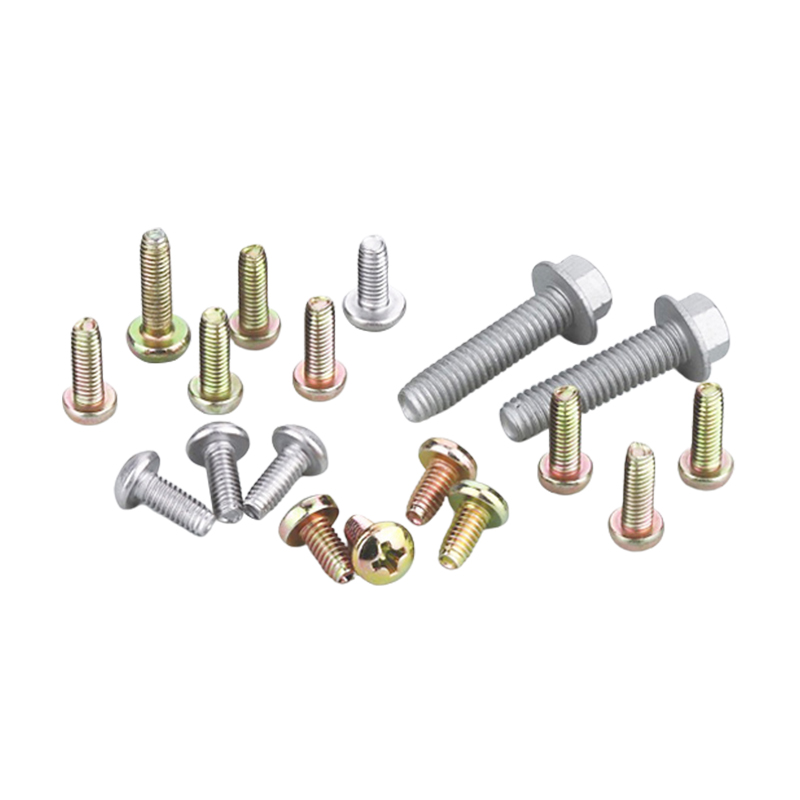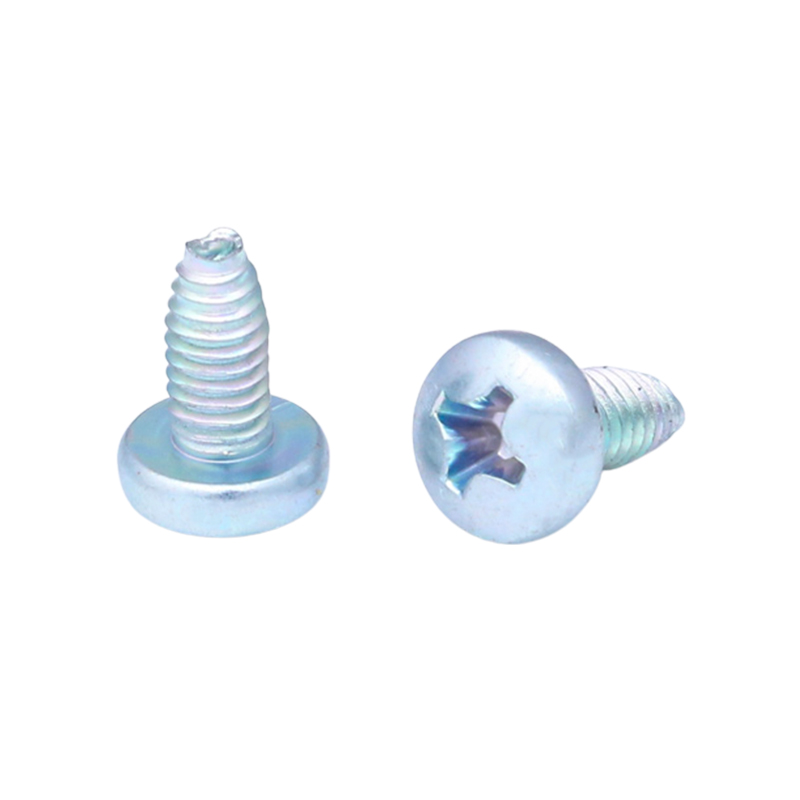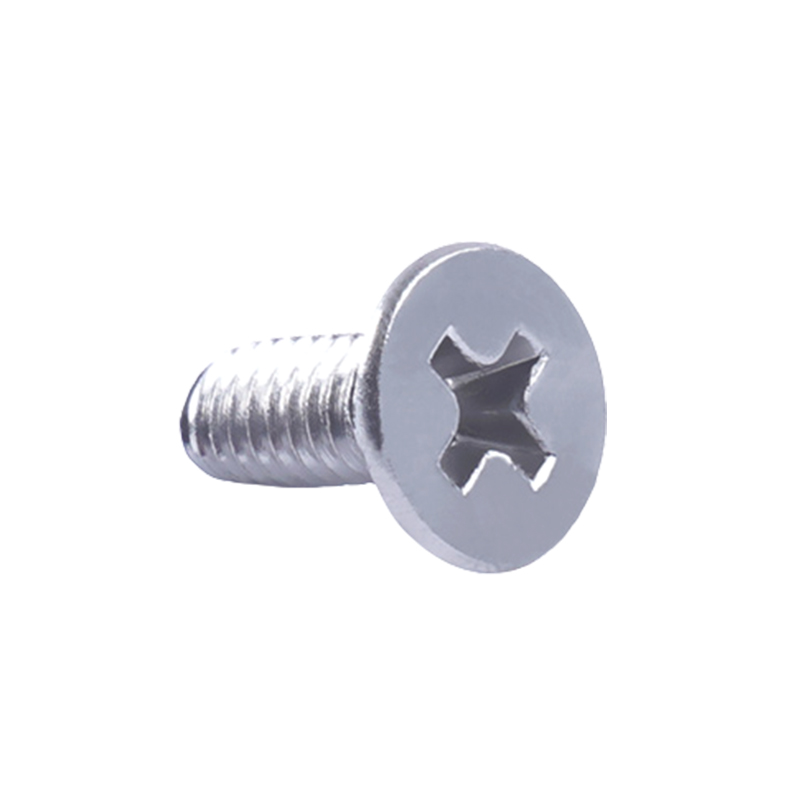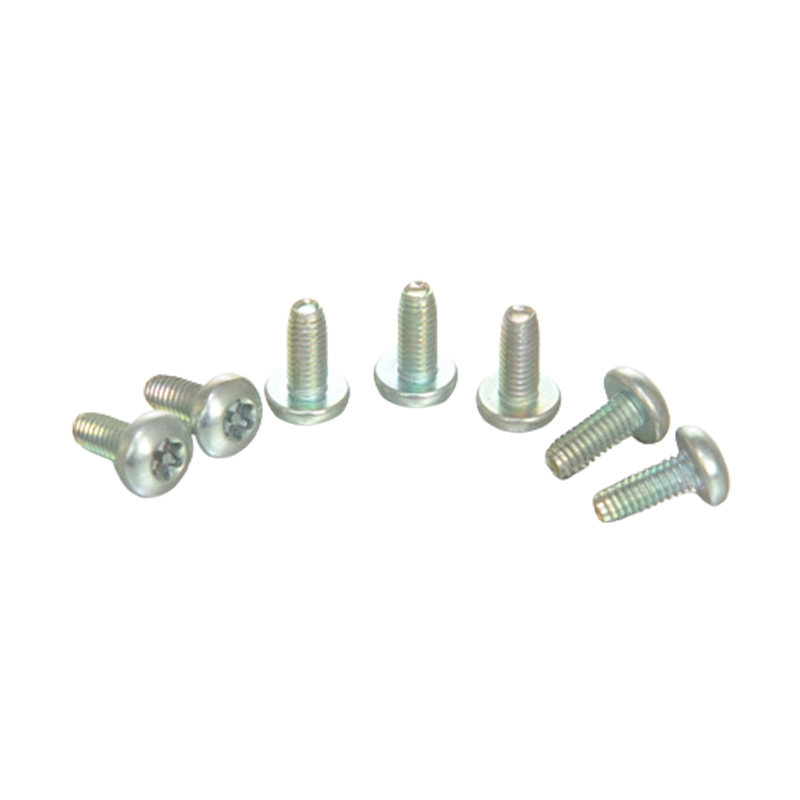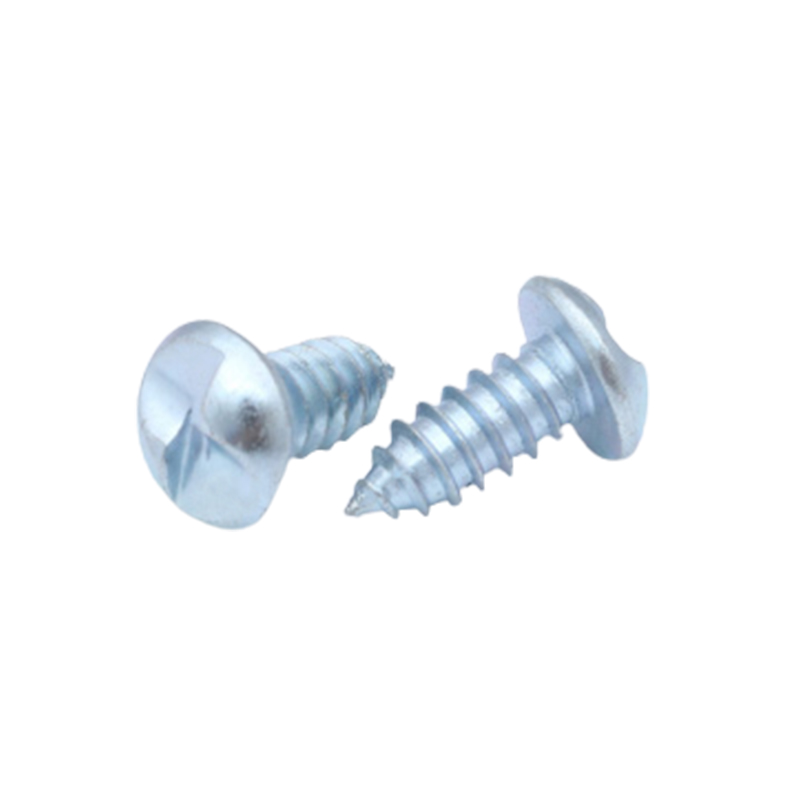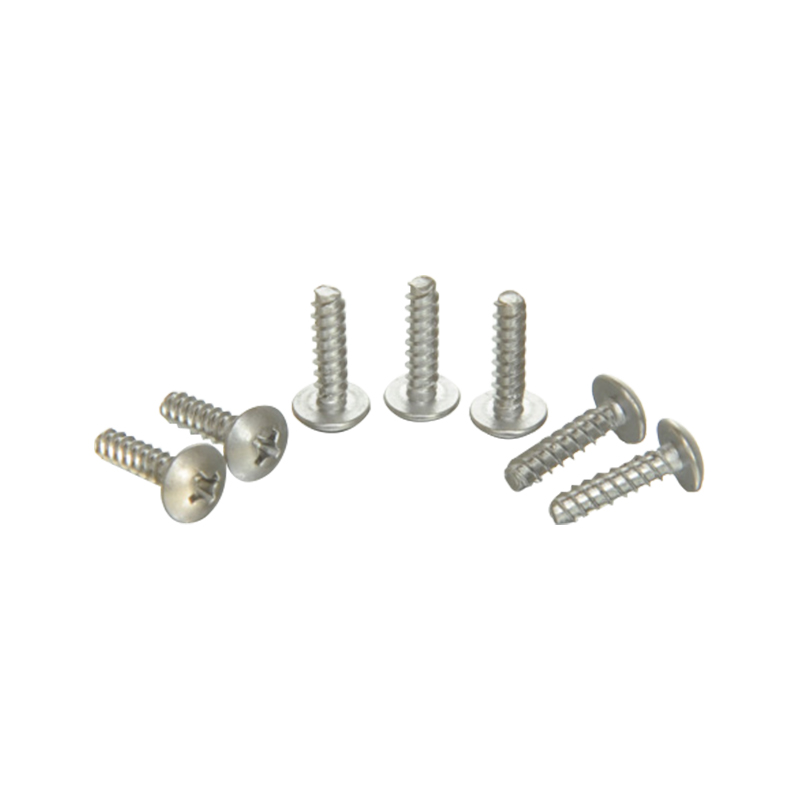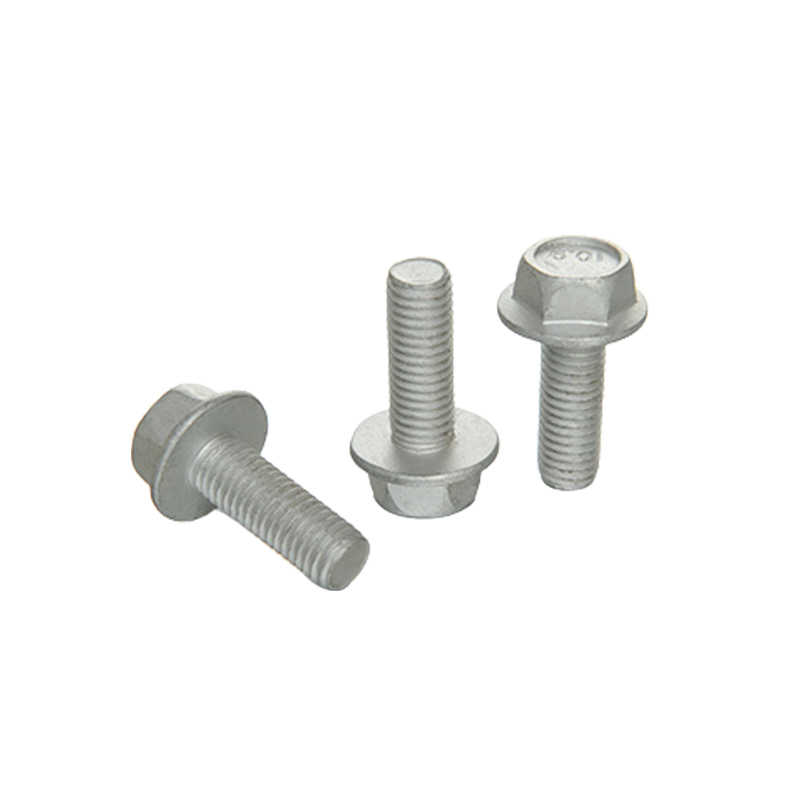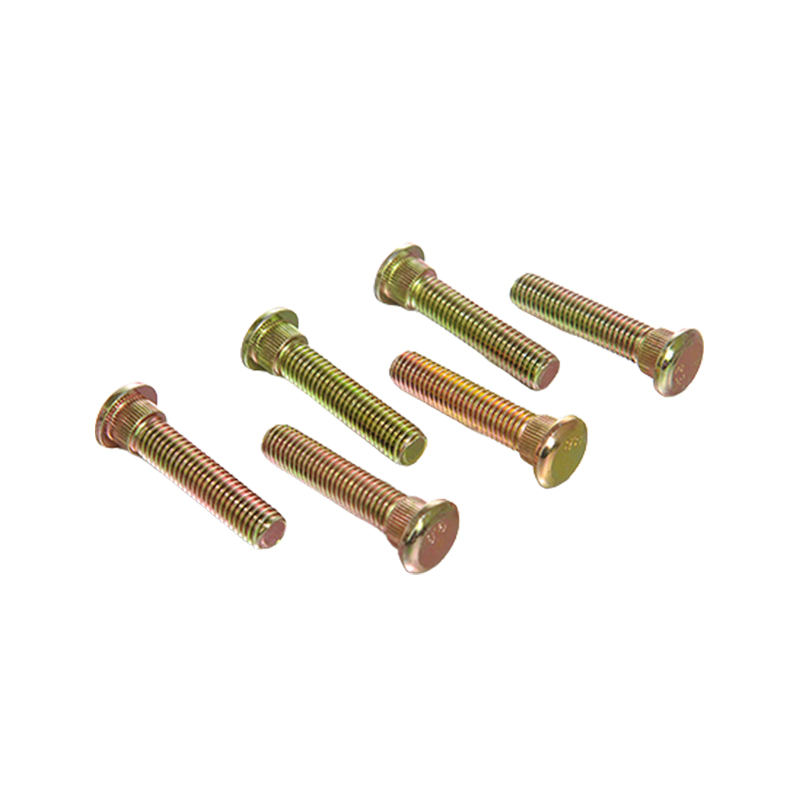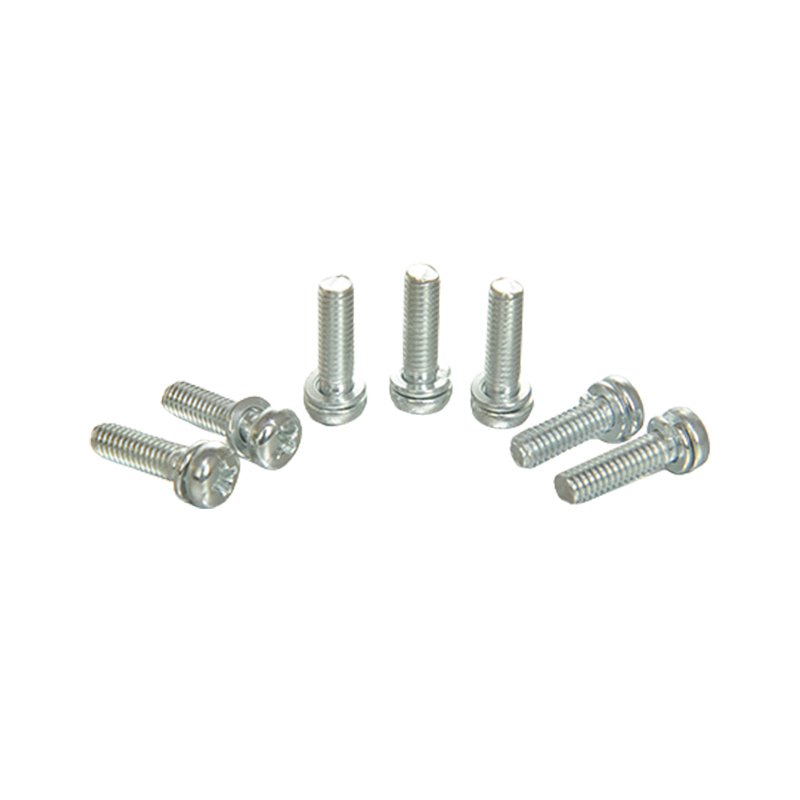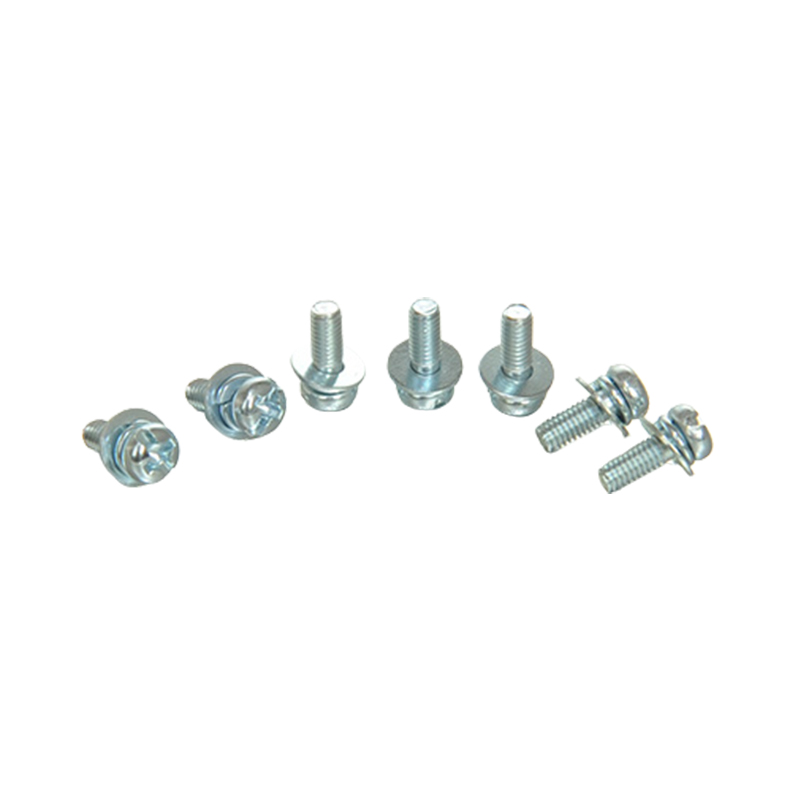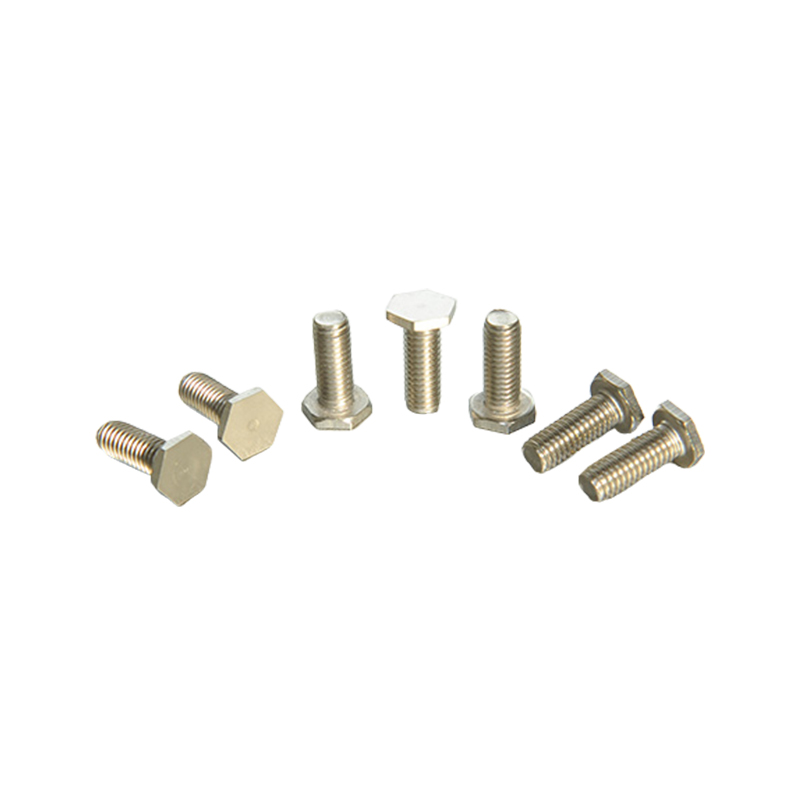The performance of large flat head screws in extreme temperatures or corrosive environments largely depends on the material and coating used in their construction. Material Choice: Large flat head screws made from materials like stainless steel or alloy steel are generally more resilient in extreme temperatures. Stainless steel, for instance, can withstand high temperatures without losing structural integrity, making it a preferred option in high-temperature environments.
Thermal Expansion: Screws expand and contract with temperature changes, and different materials have unique thermal expansion coefficients. Stainless steel and titanium exhibit better stability under temperature fluctuations compared to materials like aluminum or mild steel, which may become brittle or deform over time.
Heat Treatments: Some large flat head screws are heat-treated for added durability and strength at high temperatures. Heat-treated screws perform better in fluctuating temperatures, as they are less likely to warp or lose their shape.
Stainless Steel: Stainless steel screws, particularly those made from grades like 304 or 316, offer strong resistance to corrosion. The chromium content in stainless steel forms a passive oxide layer, protecting the metal from rust and corrosion even in humid or saline environments. 316 stainless steel, with added molybdenum, provides superior resistance in chloride-heavy environments, such as near seawater or in industrial settings.
Coated Screws: Zinc-coated, galvanized, or black oxide-coated screws provide additional corrosion resistance, although these coatings may wear off over time, especially if the screws are frequently exposed to moisture or abrasion. Zinc and galvanized coatings offer adequate protection for outdoor applications, but for environments with extreme moisture or salt exposure, stainless steel or special corrosion-resistant coatings (e.g., ceramic or Teflon coatings) may be necessary.
Nickel and Chrome-Plated Screws: These plated screws are also resistant to corrosion and may be suitable for decorative applications in corrosive settings. However, in highly aggressive environments, such as those with strong acids or alkalis, specialty coatings or stainless-steel screws are more reliable.
UV and Chemical Resistance: Large flat head screws used in environments with UV exposure or harsh chemicals benefit from specialty coatings. Teflon, ceramic, or epoxy coatings can shield the screws from chemical attacks or UV degradation, ensuring longevity in harsh industrial settings.
Saltwater Exposure: For screws exposed to saltwater or marine environments, stainless steel (especially 316 grade) is highly recommended, as it offers superior resistance to salt-induced corrosion compared to other materials or coatings.
High-Stress Applications: In extreme conditions, screws may experience stress due to both the weight they bear and environmental factors. High-quality materials like alloy steel with anti-corrosive coatings are better suited for extreme load-bearing applications, especially when exposed to high temperatures or moisture.
Potential for Brittle Failure: Low-grade metals and poorly coated screws may become brittle in extreme cold, leading to failure under load. Screws designed for extreme conditions are often tempered to withstand cold temperatures without becoming brittle.


